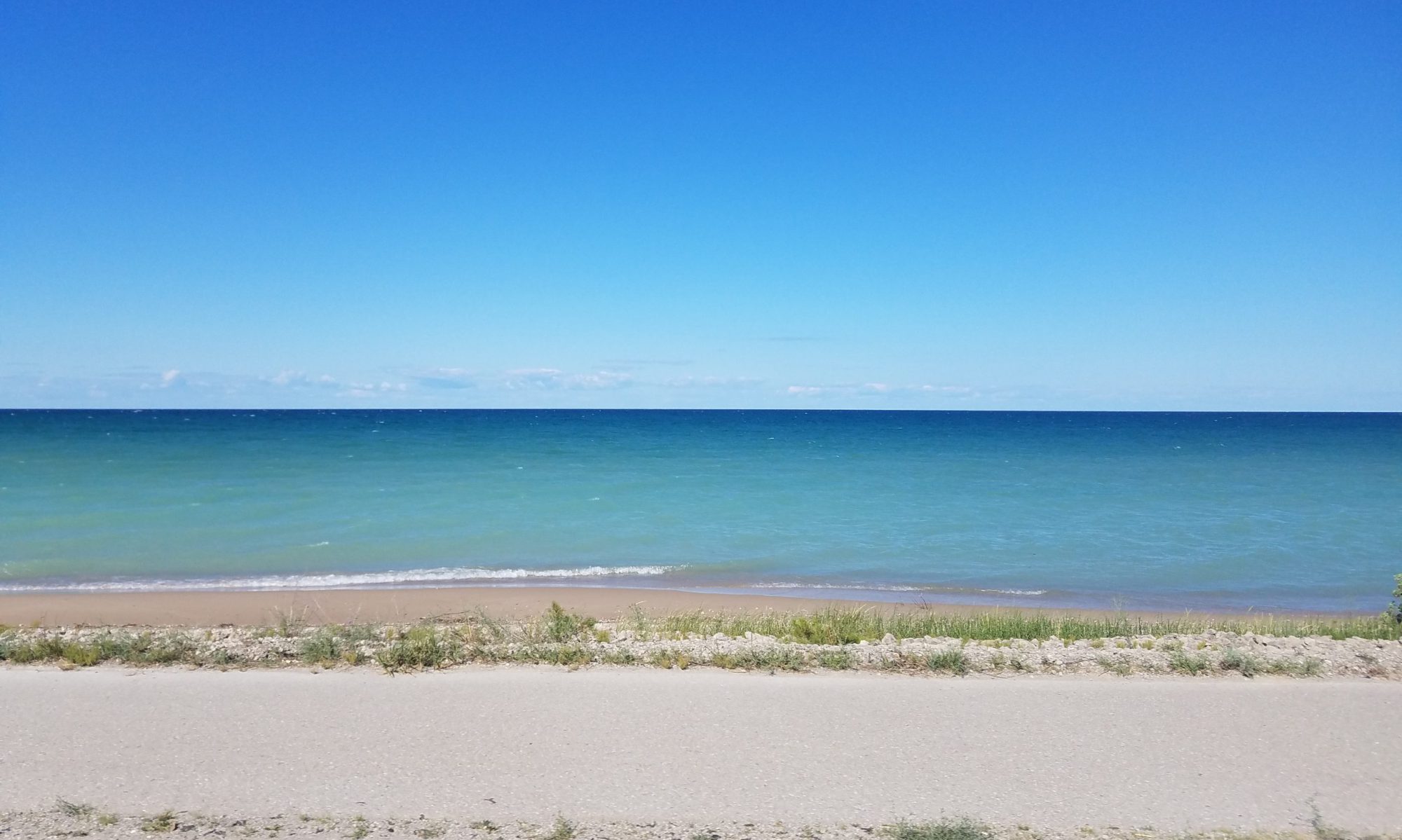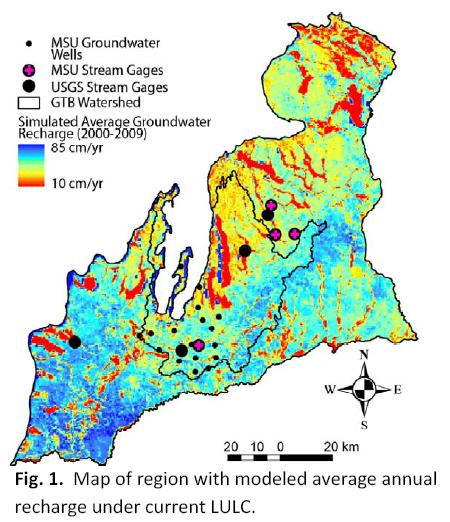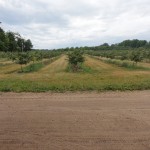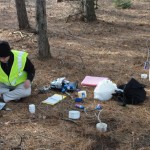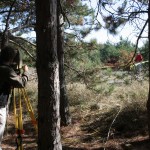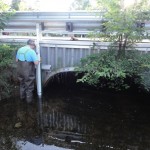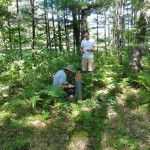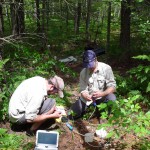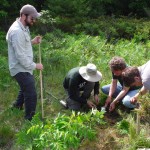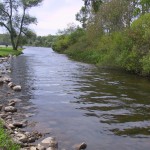Great Lakes coastal communities are already feeling the impacts of climate variability and change. Communities across the Grand Traverse Bay (GTB) watershed have witnessed changes in lake ice cover, seasonal precipitation, air and lake temperatures, and storm severity.
These changes have occurred against a backdrop of increasing population and urbanization across the watershed. Parallel climate and land use change drivers have altered water sediment, nutrient, toxin, and pathogen fluxes across the GTB watershed. Forecasts suggest that warming temperatures and altered precipitation patterns are likely to accelerate during the 21st century, which threatens economically and ecologically vital uses of the GTB and its contributing waters.
We propose to conduct an Integrated Assessment (IA) of vulnerabilities and risks of climate variability and change to the GTB. The IA will consist of parallel and intersecting tracks of stakeholder engagement through interactive workshops and technical assessments conducted by an interdisciplinary team from Michigan State University. The team seeks to better inform stakeholders and the scientific community about the vulnerability of the GTB to climate variability and change, and will begin a process of adaptive management that should ultimately improve the capabilities of regional stakeholders to respond to and mitigate the impacts of change.
